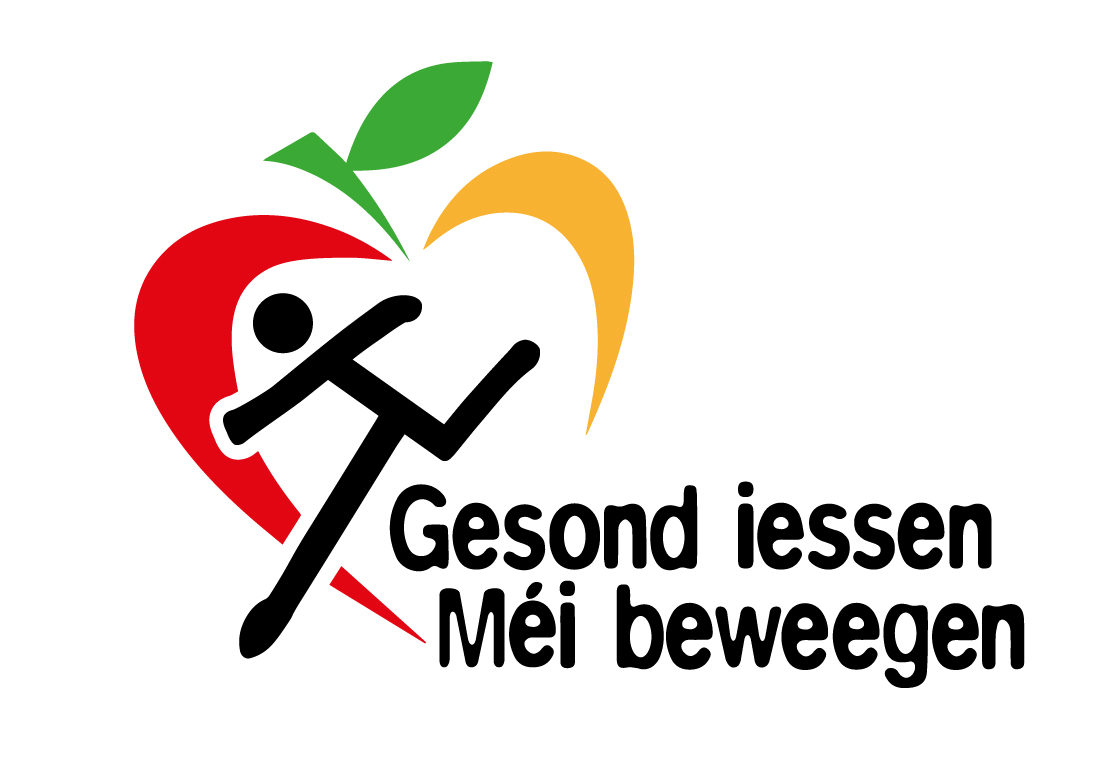Specific requirements for seniors
Fluid requirements
Liquids, and above all sufficient quantities of water, are vital for staying healthy, ensuring that the body is well hydrated, eliminating waste via the kidneys and maintaining intestinal transit.
The sensation of thirst fades with age and then increasingly diminishes, leading to a heightened risk of dehydration, which can be serious. This means you need to train yourself to "drink before you feel thirsty" by adopting the following regime:
- First thing in the morning: 1 mug of coffee/tea and 1 large glass of water
- Mid-morning: 1 glass of water or 1 infusion/herbal or fruit tea (without sugar)
- Lunch time: 2-3 glasses of water
- At snack time: 1 cup of tea/chicory/chocolate... (sugar-free)
- Dinner time: 1 large bowl of soup
- Evening: 1 glass of water
Obviously, in some situations, you will have to drink more (over 1.5 litres per day): when it's hot, if you have a high temperature or diarrhoea and/or vomiting, or if you are taking diuretics.
In some very exceptional medical circumstances, the doctor might ask you to drink less. This would happen on rare occasions. Follow your doctor's advice.
Tips for staying well hydrated
Get into the habit of drinking 1.5 litres of water per day.
You should consume at least 1.5 litres of water in the form of a variety of drinks (still or sparkling water, herbal or fruit teas, infusions, soup, broth, diluted fruit juice, etc.).
The secret is to vary what you drink.
Drinking enough has a beneficial effect on constipation.
Beware of excuses such as: "I avoid drinking because otherwise I have to get up at night." If this happens, try to drink more in the first half of the day. Discuss it with your doctor.
Learn to "drink without thirst"
Drink regularly during the day without feeling especially thirsty
Energy requirements
As they get older, some people tend to reduce their food intake. However, an elderly adult's total energy requirements are no lower than those of a young adult.
The recommended calorie intake is 30 to 35 kcal/kg of weight, which corresponds to an average daily intake of 2,000 kcal for a man and 1,800 kcal for a woman. These values should of course be adjusted depending on the intensity and duration of your physical activity.
Last update


